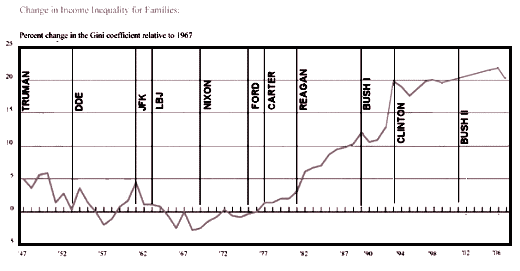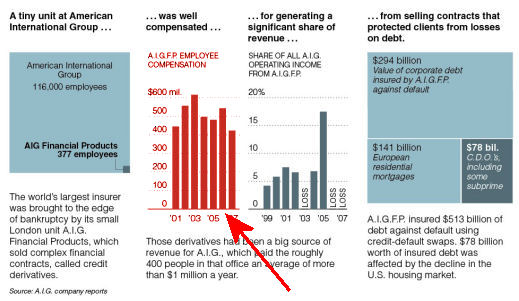The question at the heart of one of the biggest Supreme Court cases this year is simple: What constitutional rights should corporations have? To us, as well as many legal scholars, former justices and, indeed, drafters of the Constitution, the answer is that their rights should be quite limited — far less than those of people. This Supreme Court, the John Roberts court, seems to be having trouble with that. It has been on a campaign to increase corporations’ legal rights — based on the conviction of some conservative justices that businesses are, at least legally, not much different than people…
The legal doctrine underlying this debate is known as “corporate personhood”…
The courts have long treated corporations as persons in limited ways for some legal purposes. They may own property and have limited rights to free speech. They can sue and be sued. They have the right to enter into contracts and advertise their products. But corporations cannot and should not be allowed to vote, run for office or bear arms. Since 1907, Congress has banned them from contributing to federal political campaigns — a ban the Supreme Court has repeatedly upheld.
In an exchange this month with Chief Justice Roberts, the solicitor general, Elena Kagan, argued against expanding that narrowly defined personhood. “Few of us are only our economic interests,” she said. “We have beliefs. We have convictions.” Corporations, “engage the political process in an entirely different way, and this is what makes them so much more damaging,” she said.
Chief Justice Roberts disagreed: “A large corporation, just like an individual, has many diverse interests.” Justice Antonin Scalia said most corporations are “indistinguishable from the individual who owns them.” The Constitution mentions the rights of the people frequently but does not cite corporations. Indeed, many of the founders were skeptical of corporate influence. John Marshall, the nation’s greatest chief justice, saw a corporation as “an artificial being, invisible, intangible,” he wrote in 1819. “Being the mere creature of law, it possesses only those properties which the charter of its creation confers upon it, either expressly, or as incidental to its very existence”…
One of the main areas where corporations’ rights have long been limited is politics. Polls suggest that Americans are worried about the influence that corporations already have with elected officials. The drive to give corporations more rights is coming from the court’s conservative bloc — a curious position given their often-proclaimed devotion to the text of the Constitution.
The founders of this nation knew just what they were doing when they drew a line between legally created economic entities and living, breathing human beings. The court should stick to that line.
While self determination and freedom from government oppression was indeed part of the spark that ignited our revolution, these quaisi-patriotic messages cover another way to bury us under the oppressive regime of Corporate America. And it worked. Under our Republicans, the rich got richer, and richer, and richer. For example, the GINI Index, a measure of wealth inequity:

A symbol of the rape of our economy has been the outrageous bonuses paid by Financial Institutions to their executives who have brought in the greatest profits. A particularly aggregious example was at A.I.G. where $1 million/year employees insured billions of dollars worth of debt without assets to cover them when the housing bubble burst.

But even after the crash, they continue to pay these outrageous bonuses, rewarding the kind of short term gains that continue to deplete our economic future. Now our unfortunately conservative Supreme Court is winding up to allowing this kind of corporate greed to continue.
Sorry, the comment form is closed at this time.